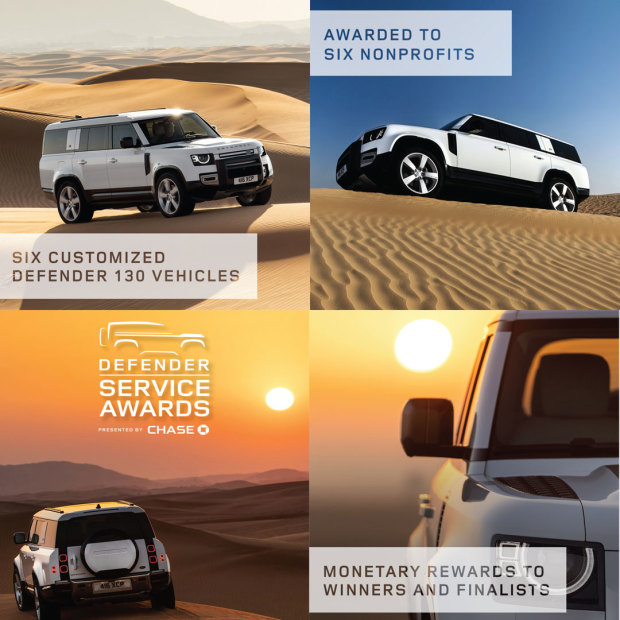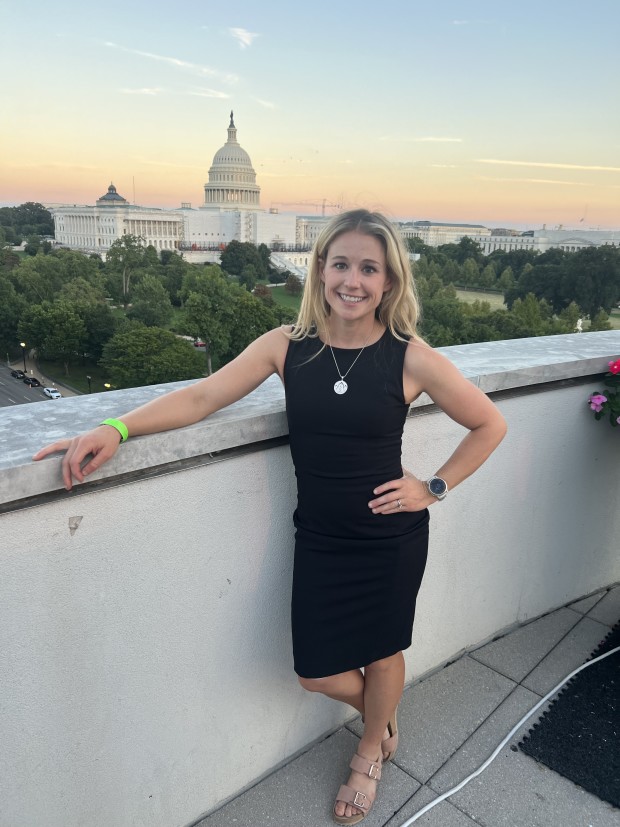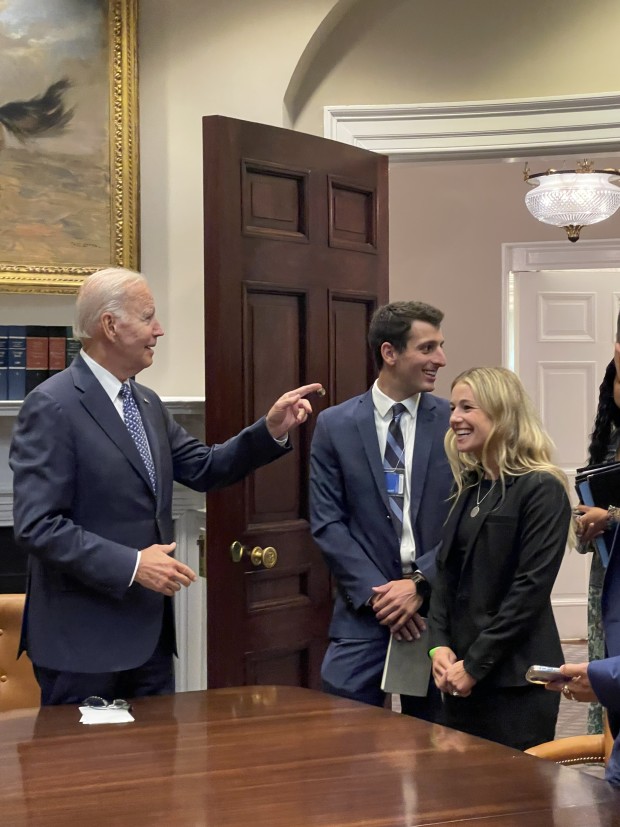This article was produced in partnership with Land Rover
Feats of endurance are done for the thrill of it all, but also for the accolades—the honor and laurels. That's not the case for altruism. Most sacrifices and successes don't get praise or acknowledgement. They're done for a greater good and not what do-gooders are pining for—but that doesn't mean recognition isn't important.
That's why Land Rover started the Defender Service Awards, now in its third year. The awards celebrate the often unsung heroes who are creating meaningful change in their communities, across a variety of categories from social issues to civil service to environmental conservation. This year's nomination period runs from June 15 to July 21, 2023.
Category finalists will receive $7,500 ($5,000 from CHASE and $2,500 from
Warner Bros. Discovery), while category winners receive $25,000 and a custom
Defender 130.

Anyone can refer a nonprofit by entering the organization’s name and email
contact in the Defender Service Awards’ online submission form. The nonprofit will then receive information on how to enter, by submitting a video up to three minutes in length that showcases their service work and explains how a Defender 130 vehicle would help support their cause.
In honor of this inspiring initiative, we caught up with one of our favorite outdoor activists, professional ski mountaineer and endurance athlete Caroline Gleich (@carolinegleich), from her home in Salt Lake City, UT.
Gleich knows a thing or two about the nonprofits making an impact in the outdoor accessibility and education space. She spoke with Men’s Journal about the role environmental activism plays in her life, tips on how to get started, and who’s got her the most inspired right now.
View the original article to see embedded media.
Men's Journal: You’re incredibly accomplished as a professional athlete, from skiing the world’s tallest peaks to winning U.S. national championships to running ultramarathons. When did activism begin to play a role in your life?
Caroline Gleich: My parents are both doctors who spend a lot of time caring for other people. They’re really motivated by the betterment of the world, and always encouraged me to try to find a way to make a difference. I moved to Utah from Minnesota when I was 15, and I saw the environmental challenges here, like the air quality in Salt Lake City and issues involving extraction and open-pit mining along the Wasatch Front. That was a turning point. Then, after graduating college, I worked a summer internship with the governor of Utah’s environmental advisor and learned about energy policy and land use. That was really the starting point.
One of the barriers that often keeps people from becoming more active in advocating for the outdoors is a sense of feeling overwhelmed. How do you cope with that?
As a young person, I really struggled with that debilitating, overwhelming feeling that the world’s problems are so great, they’re so vast, what can I possibly do to make a difference? One of the things that helped me to move forward was by getting involved in my local community. Patagonia has a really cool tool to do that called Patagonia Action Works. You enter in your zip code and you can find local environmental nonprofits. A great first step is just to sign up for one of those nonprofits’ email lists, then be sure to actually read the emails because they have so many great trainings and calls to action and ways to get involved. Some of the most effective and long- lasting changes I’ve seen happen at the micro local level. So please don’t think it has to be a big, national organization to get involved with. I think the scrappy, tiny grassroots organizations are some of the most effective in this movement.


What are some of the organizations you’re excited about that are truly making a difference?
Locally, it’s the Wasatch Backcountry Alliance. They’re working to protect the snow sports experience in my home mountain range. The watershed is a big concern here because in Salt Lake City we get a lot of our drinking water from the mountains. We're currently fighting a big proposal to build a gondola in Little Cottonwood Canyon that would impact not only the watershed and the water quality, but the trees and what we call the view shed too. It would be a real eyesore.
On the national level, there’s an organization called the Outdoor Alliance that represents all of these different human-powered orgs, from biking to climbing to skiing. They have a lot of different calls to action around protecting public lands and taking action on the climate crisis. Also, the Conservation Alliance for protecting public lands. Protecting public lands, protecting nature—especially where there’s intact old-growth forests like the Tongass in Alaska and Fairy Creek in British Columbia—is a form of climate action. These ecosystems are carbon sinks, meaning they actually help to absorb the carbon we’ve emitted into the atmosphere
Who’s got you the most inspired?
I’m really inspired and motivated by Indigenous-led organizations, like Natives Outdoors, founded by my friend Len Necefer. We should be doing whatever we can to support and elevate Indigenous leadership because Indigenous communities have been stewards of the land since time immemorial, and we can learn a lot from them.
Why do the Defender Service Awards matter to you?
We often have rallies and marches and calls to action when something is going wrong, when a place is under threat and needs protection. But to come together from a proactive and positive place, that’s a really powerful thing, too. And it doesn’t happen enough. You’ve got to take those moments to reflect back on the wins, and to celebrate the progress that’s been made and I think the Defender Service Awards is a great way to do that.
from Men's Journal https://ift.tt/1gIZrvE
No comments:
Post a Comment